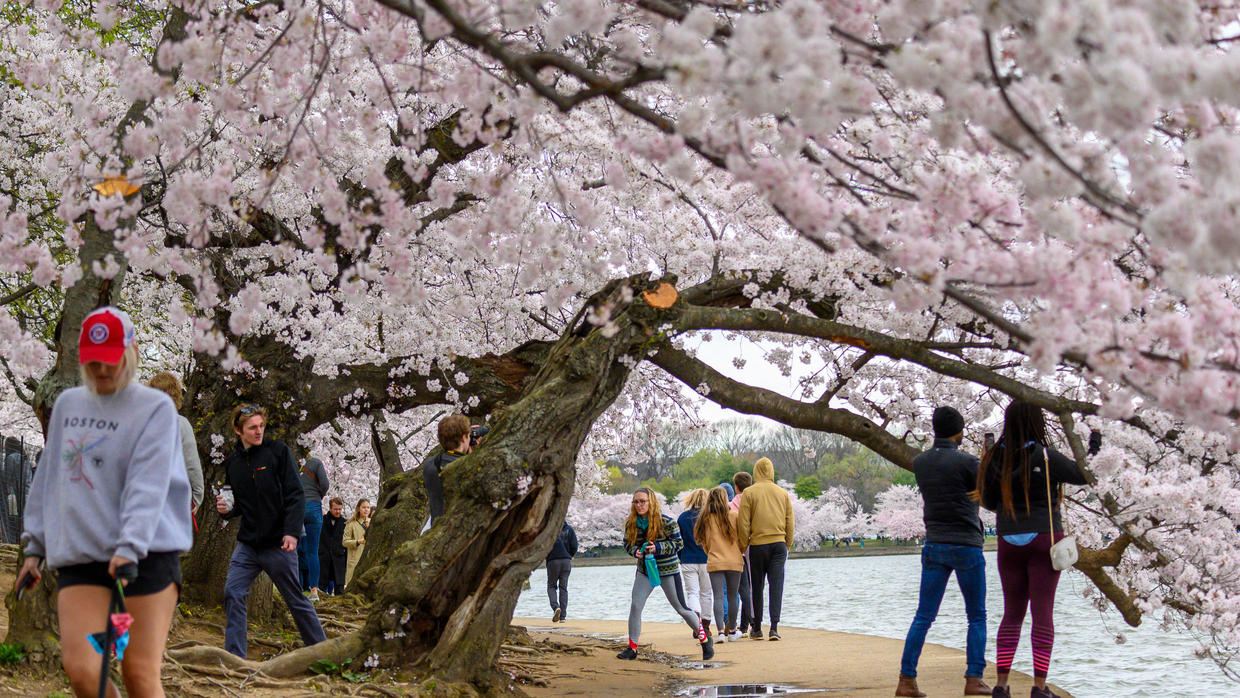
The first beavers to be introduced into the wild in England for 400 years were on Thursday given permission to stay, in what campaigners hailed as a landmark move.
The animals, prized for their fur, meat and scent glands, had been hunted out of extinction, but mysteriously reappeared in Devon, south-west England, in 2013 -- likely illegally released into the wild.
The government initially said it would capture and re-home them amid fears they might be carrying disease, but wildlife activists successfully campaigned for them to remain under observation.
The Devon Wildlife Trust, the charity that ran the trial, hailed the "landmark" decision.
"It signals the first legally sanctioned reintroduction of an extinct native mammal to England," it said in a statement.
"It means that the beaver population, which lives on the River Otter and is estimated to consist of up to 15 family groups, now has a secure future."
Beavers have been described as "nature's engineers", whose work can help create wetland habitats to support a range of species from insects to wildfowl.
Critics say they damage farmland and can cause flooding, as well as disrupting fish populations with their dams.
But supporters argue that in fact their dams limit flooding by holding more water upstream.
European beavers were successfully re-introduced into the wild in Scotland more than a decade ago, and in 2016 were given legal permission to remain by the devolved government in Edinburgh.






























































